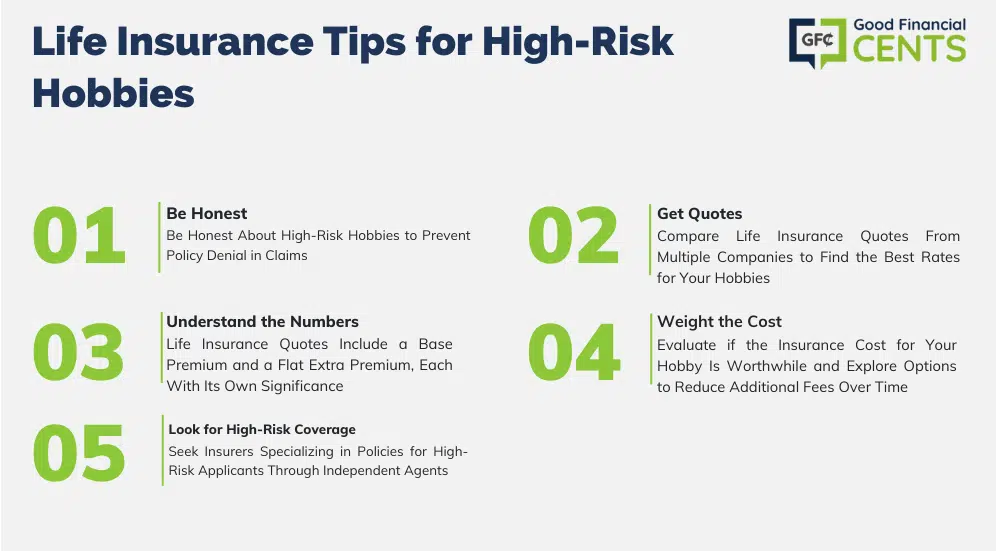Insurance for High-Risk Activities

Engaging in high-risk activities such as skydiving, rock climbing, or motor racing presents unique challenges and potential dangers. As these activities carry higher risks, having the appropriate insurance coverage is essential to protect yourself from significant financial losses and ensure you're covered in case of accidents or injuries.
What are High-Risk Activities?
High-risk activities are those that involve a greater likelihood of injury or damage compared to standard activities. These can include extreme sports, adventurous pursuits, and other activities that may increase the risk of accidents. Examples of high-risk activities include:
- Skydiving and parachuting
- Rock climbing and mountaineering
- Motor racing and off-road driving
- Scuba diving and deep-sea diving
- Hang gliding and paragliding
- Heli-skiing and snowboarding in extreme conditions
Why is Specialized Insurance Necessary?
Specialized insurance for high-risk activities is necessary because standard insurance policies often exclude coverage for these types of activities. High-risk insurance provides tailored coverage that addresses the unique risks associated with such activities, ensuring that you are adequately protected. Key reasons include:
- Enhanced Coverage: Provides coverage specifically designed for high-risk activities, which may not be included in standard insurance policies.
- Accident and Injury Protection: Offers financial support for medical expenses, emergency evacuations, and other costs related to accidents or injuries.
- Liability Coverage: Includes coverage for liability claims in case you cause damage to property or injury to others during the activity.
- Peace of Mind: Ensures that you have the right protection in place, allowing you to focus on enjoying your activity with reduced worry about potential risks.
Types of Coverage for High-Risk Activities
Insurance for high-risk activities typically includes several types of coverage:
- Accident Insurance: Covers medical expenses and treatment costs if you are injured while participating in high-risk activities.
- Emergency Medical Evacuation: Provides coverage for transportation to a medical facility or back home in the event of a serious injury or illness.
- Trip Cancellation or Interruption: Reimburses non-refundable expenses if you need to cancel or cut short your trip due to an accident or injury.
- Liability Insurance: Covers legal costs and damages if you are found responsible for injury or damage caused to others during the activity.
How to Obtain High-Risk Activity Insurance
Obtaining insurance for high-risk activities involves several steps:
- Identify Your Needs: Determine the specific activities you will be engaging in and the coverage requirements for each.
- Research Providers: Look for insurance providers that specialize in high-risk activity insurance and compare their offerings.
- Review Policy Details: Carefully review the terms, coverage limits, and exclusions of each policy to ensure it meets your needs.
- Get Quotes: Obtain quotes from multiple providers to compare costs and coverage options.
- Purchase the Policy: Choose the policy that best fits your needs and complete the purchase process.
Conclusion
Engaging in high-risk activities can be thrilling and rewarding, but it also requires careful planning and protection. Having specialized insurance coverage ensures that you are safeguarded against the potential risks and financial implications associated with these activities. By understanding your insurance needs and selecting the right coverage, you can enjoy your adventures with confidence and peace of mind.